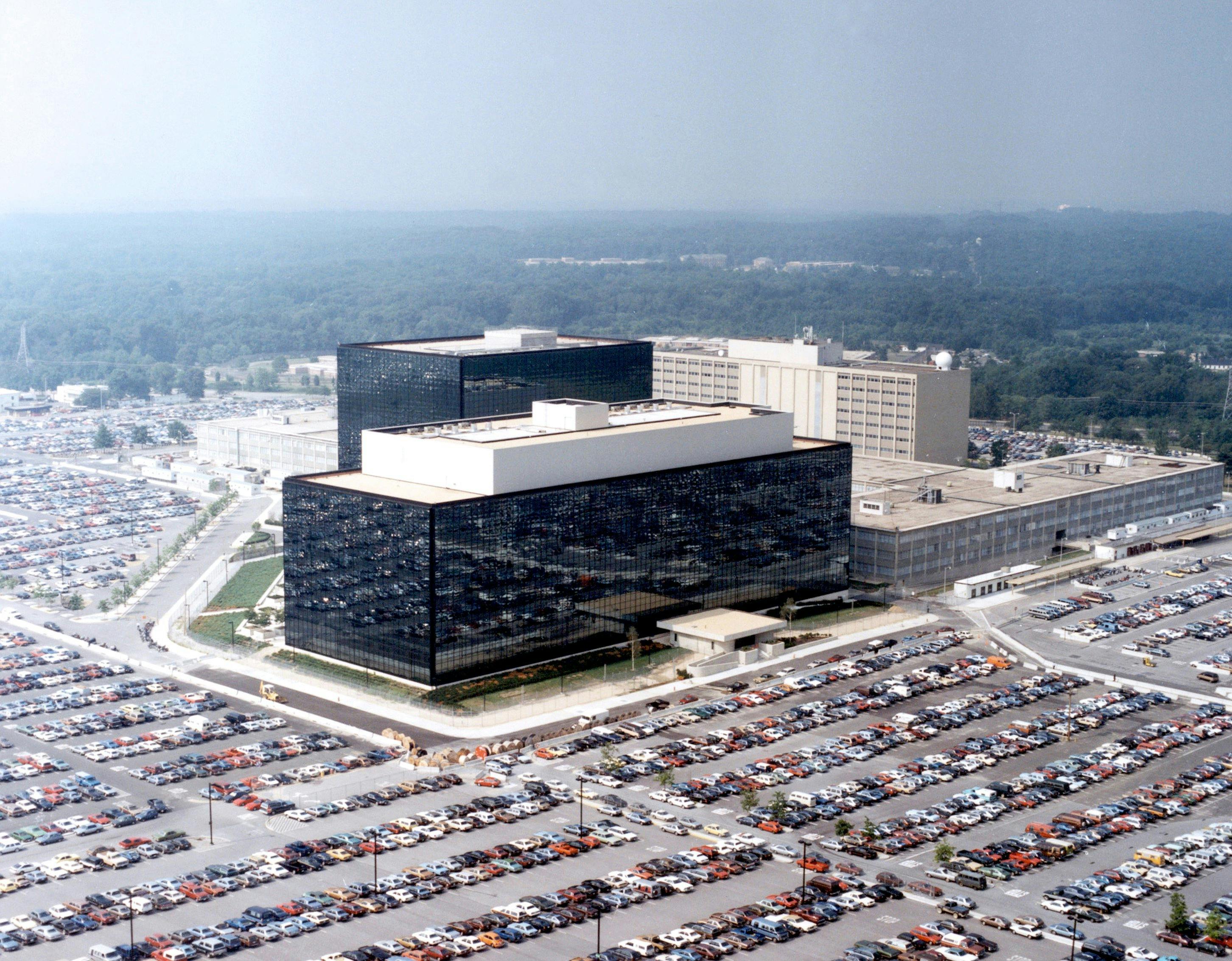Like many, I feel uncomfortable with much of the information revealed about the NSA’s surveillance program. The reach and scale of the program are alarming at best, and for many of us, it demonstrates an unjustified attack on the right to privacy. Yet, as I read the arguments leveled against the NSA and other spy agencies for their surveillance programs, I find it hard to identify with or feel represented by any of these arguments: they seem somewhat lacking at best, and likely, fallacious. I am writing this post to demonstrate the flaws with most popular arguments against spying, surveillance, and the NSA. The goal—I hope—is clear: a call for more nuanced arguments that more clearly define why and to what extent is the NSA surveillance program ‘wrong’.
The most common arguments against the NSA are variations of the following:
- The NSA serves no real national security benefits, only usurping the right of the citizens to privacy, or
- The gains of the NSA surveillance program do not by any means outweigh the harms of becoming a surveillance state, or
- Surveillance is only justifiable against enemies or in a state of war.
The problem with the first two arguments is that they ignore the clear historical benefits of spying and decipherment, from the Zimmermann telegram in 1917 1 [p. 107], to the cracking of the ENIGMA in World War II 2 [pp. 16-17].
To claim that there must be no benefits to spying in recent times because we haven’t seen them is false; the ENIGMA project was secret until 1974, 29 years after the end of World War II. The United Kingdom also exposed the telegram under a false cover (that they obtained a leaked clear-text message from the embassy in Mexico), instead of exposing the cryptanalysis effort to allow the spying effort to continue.
To say the benefits do not outweigh the harms of being a surveillance state is not a good argument: it sounds like an inherently utilitarian claim that involves a cost-benefit analysis. Yet the argument is thrown around saying the harms always outweigh the benefits. What if we were dealing with Hitler, as we were in the 30s?
The argument, therefore, is either a practical one: “there does not seem to be a reason in today’s world to spy”, or an absolutist one: “it is never ok to spy on others”. I have not been able to see an absolutist argument why no benefit ever (i.e. preventing nuclear arms in terrorists’ hands) would outweigh surveillance.
Yet the argument also cannot be a practical one: in today’s world, we do in fact have plenty of reasons. Most political scientists agree that among the greatest geopolitical threats to global stability is nuclear proliferation among non-state actors (namely terrorist organizations) 3 4 5. A world where nuclear weapons have proliferated to non-state actors is a world where deterrence does not work—where second-strike capabilities mean nothing 6. This is clearly a big deal, and clearly requires spying, not on foreign enemies, but or non-state actors who can be citizens of any country, and reside anywhere.
What we need is a pragmatic argument against the expansive NSA surveillance program. One that says that spying has benefits which sometimes should be utilized, but that certain kinds and extents of spying do not provide sufficient returns.
A blanket argument: ”spying does not work” is clearly incorrect—spying has worked in the past and certainly has the potential to work now. Short of becoming an actual military and surveillance state, with full CCTV coverage, regular checkpoints, and strict closed borders, signals intelligence is our best bet. Arguments that are opposed to any form of spying are not going to fly; we need arguments against certain extents of spying.
Footnotes
-
S. Singh, The Code Book: The Science of Secrecy from Ancient Egypt to Quantum Cryptography, Random House LLC, 2011. ↩
-
F. Winterbotham, The Ultra Secret, London: Orion, 2000. ↩
-
A. Beeson and L. Yi, “Nukes for Non-State Actors,” Harvard Political Review, 2 April 2009. ↩
-
P. Morgan, “Non-State Actors, Nuclear Next Use, and Deterrence,” NAPSNet Special Reports, 2011. ↩
-
B. Jenkins, “Combating Nuclear Terrorism: Addressing Nonstate Actor Motivations,” The ANNALS of the American Academy of Political and Social Science, vol. 607, no. 1, pp. 33-42, 2006. ↩
-
P. Towle, “Cold War,” in The Oxford History of Modern War, New York, Oxford University Press, 2000, pp. 158-176. ↩
 National Security Agency headquarters, Fort Meade, Maryland
National Security Agency headquarters, Fort Meade, Maryland